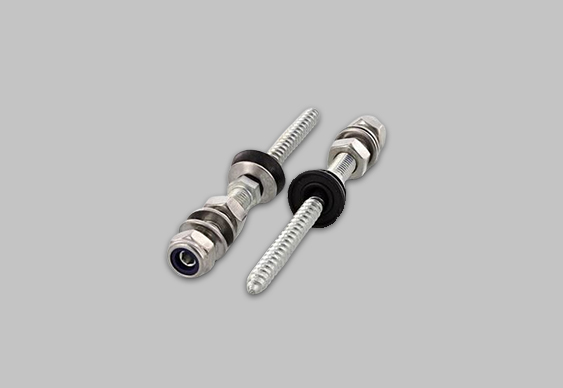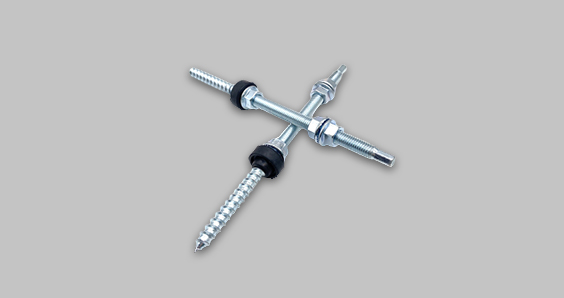
A Goverment Of India
Recognised Export House

A Goverment Of India
Recognised Export House

The solar industry is booming, and with it comes a unique set of challenges for the materials used in solar installations. Solar panels and their supporting structures are exposed to extreme weather conditions, including scorching heat, freezing cold, and rapid temperature fluctuations. These extremes put a tremendous strain on every component, including the humble bolt
Choosing the right bolts for solar applications is crucial to ensure the longevity, safety, and efficiency of these systems. In this blog post, we'll explore the challenges of extreme temperatures, the key considerations for selecting bolts, and how Citizen Fasteners can provide the high-performance solutions you need
Solar installations face a wide range of temperature extremes. In desert environments, panels can reach temperatures exceeding 150°F (65°C) in direct sunlight, while in colder climates, they can plummet to well below freezing. These temperature swings cause materials to expand and contract, putting stress on joints and fasteners
To ensure the long-term performance of your solar installation, it's vital to select bolts that can withstand the rigors of extreme temperatures. Here are the key factors to consider

At Citizen Fasteners, we understand the unique challenges of solar applications. We offer a wide range of high-performance bolts specifically designed to withstand extreme temperatures and deliver long-lasting performance in solar installations
Our bolts are made from premium materials, including stainless steel and super duplex stainless steel, and are available with various coatings and platings to provide superior corrosion resistance. We also offer specialized bolts with features like anti-seize properties and self-locking mechanisms for added security
Our team of experts can work with you to identify the best bolt solutions for your specific solar project, ensuring the reliability, safety, and efficiency of your installation
Extreme temperatures pose significant challenges for the fasteners used in solar installations. By carefully selecting bolts that can withstand these conditions, you can ensure the longevity and performance of your solar system. Citizen Fasteners is your trusted partner in providing high-quality, durable bolt solutions for the demanding solar industry. Contact us today to learn more about how we can help you achieve success in your solar projects
Need guidance on high-strength bolts for your Solar projects? Our staff is always there to help you. For a consultation, reach out to us at sales@citizenfasteners.com right now